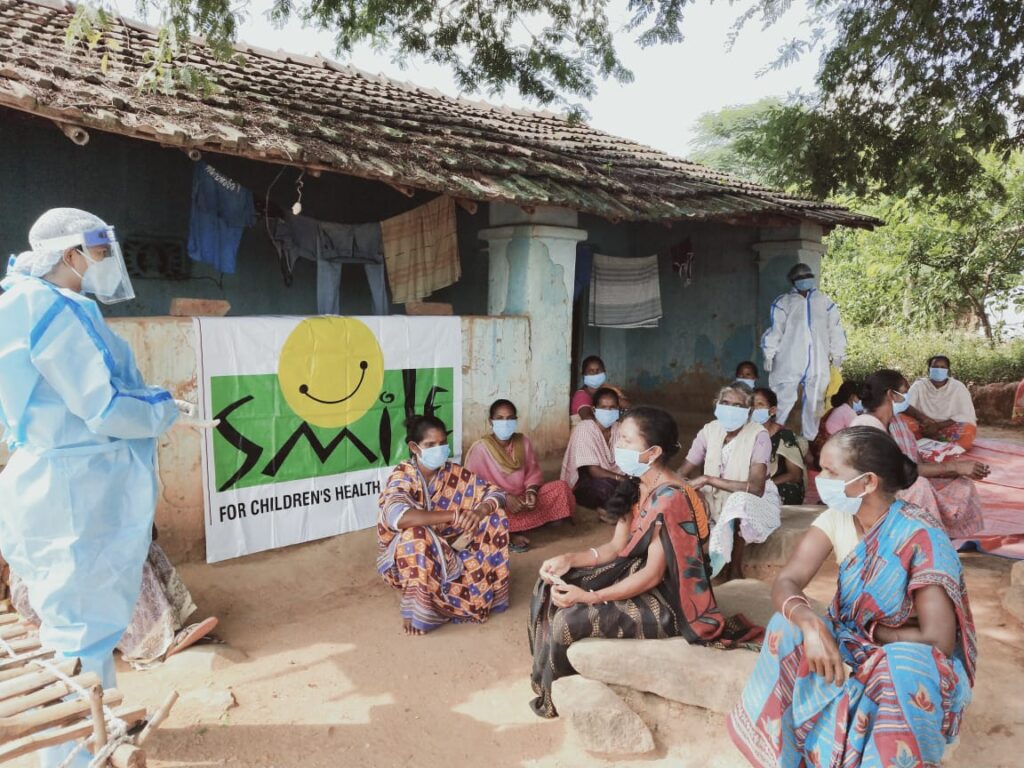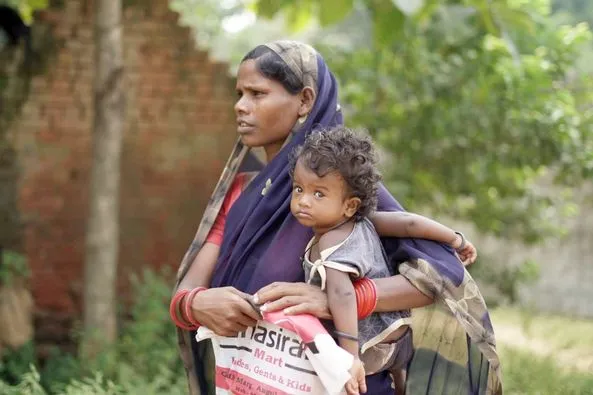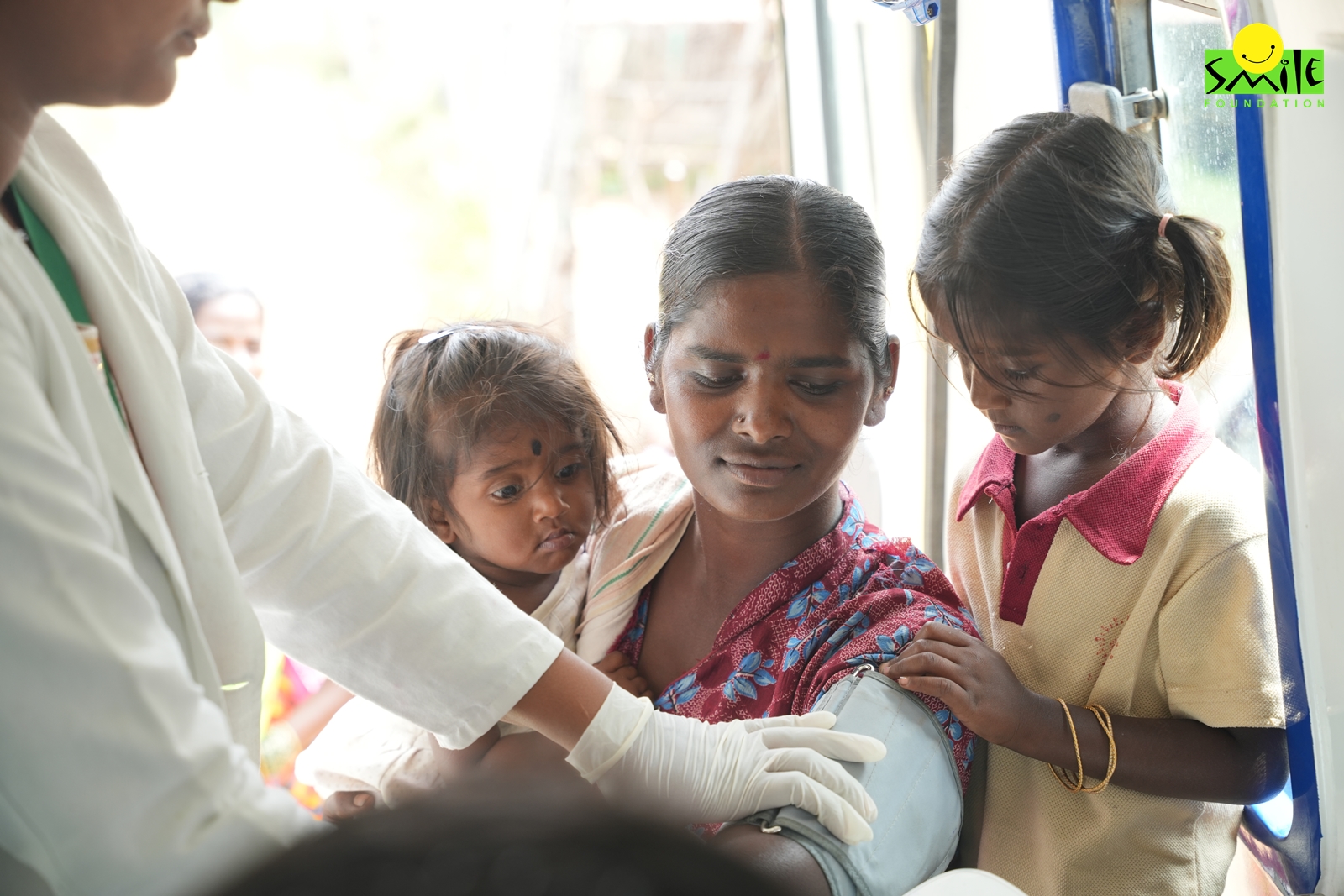It will soon be a year since Covid-19 first hit Wuhan in China and swiftly shook the foundations of the entire world as we knew it. The pandemic has changed many aspects of our life, but one of the most rewarding in terms of achieving long-term healthcare community goals is behavioral change towards personal hygiene and self care.
From washing hands regularly and properly, to wearing masks, maintaining a minimum social distance in public places, eating immunity boosting food, avoiding junk and fast food – and overall consciously adopting a healthier way of life, the pandemic has certainly changed our outlook on health and its importance. While our understanding of healthcare was earlier limited only to curative healthcare – seeing healthcare only as a treatment approach when one is sick, now we have also started considering preventive healthcare – how to care for our health so that we do not become sick in the first place, as a significant part of it. In fact if the latter is given due attention, it will significantly reduce the disease burden across the world by controlling the spread of both communicable as well as non-communicable ailments.
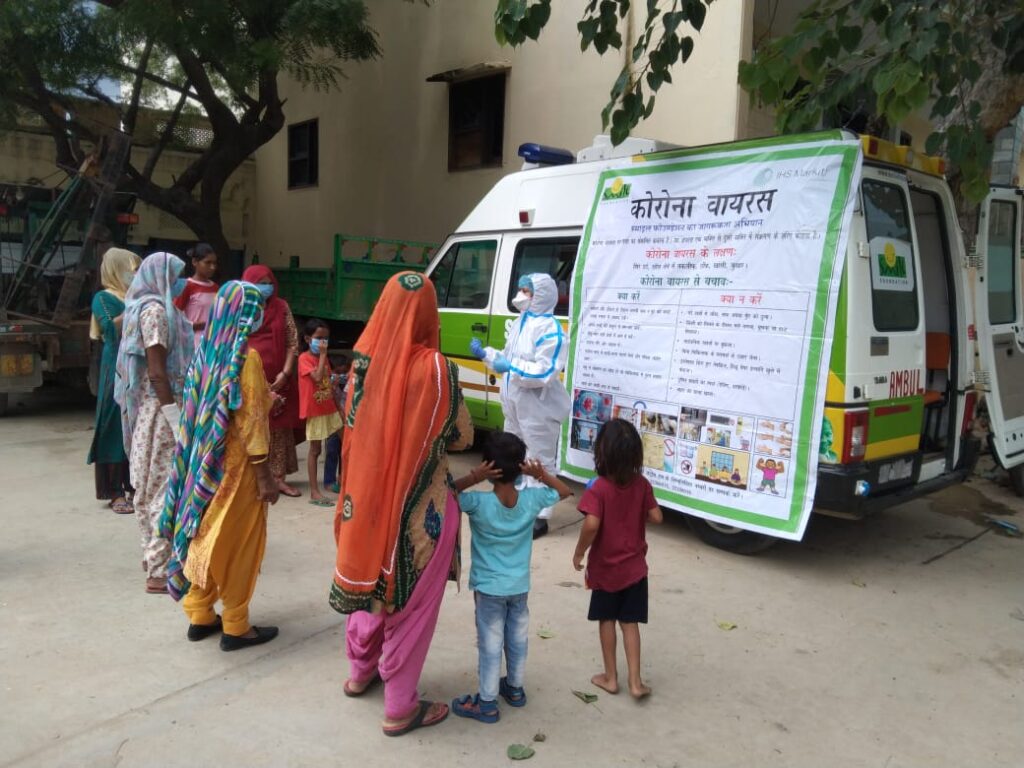
There has been an increased dialogue not just on health forums and media channels, but also in households, workplaces and schools about giving importance to preventive healthcare along with promoting a health seeking bahaviour by spreading awareness among people – making heath a commonplace topic. Particularly in India, this was not the trend before where health and self-care have never been a priority for people. The same is reflected in the fact that less than 2% of our GDP is dedicated towards healthcare programmes. Needless to say, preventive healthcare would have been relegated a much shorter share even from this.
Not only does preventive care and awareness building go hand in hand with curative care, preventing illness is also far more cost effective than treating illness. For those living below the poverty line, the out-of-pocket expenditure on health often pushes them further into poverty. Preventive healthcare can thus play a key role in helping improve the health status of the underserved population without the question of affordability which often hinders their accessibility to quality curative healthcare services.
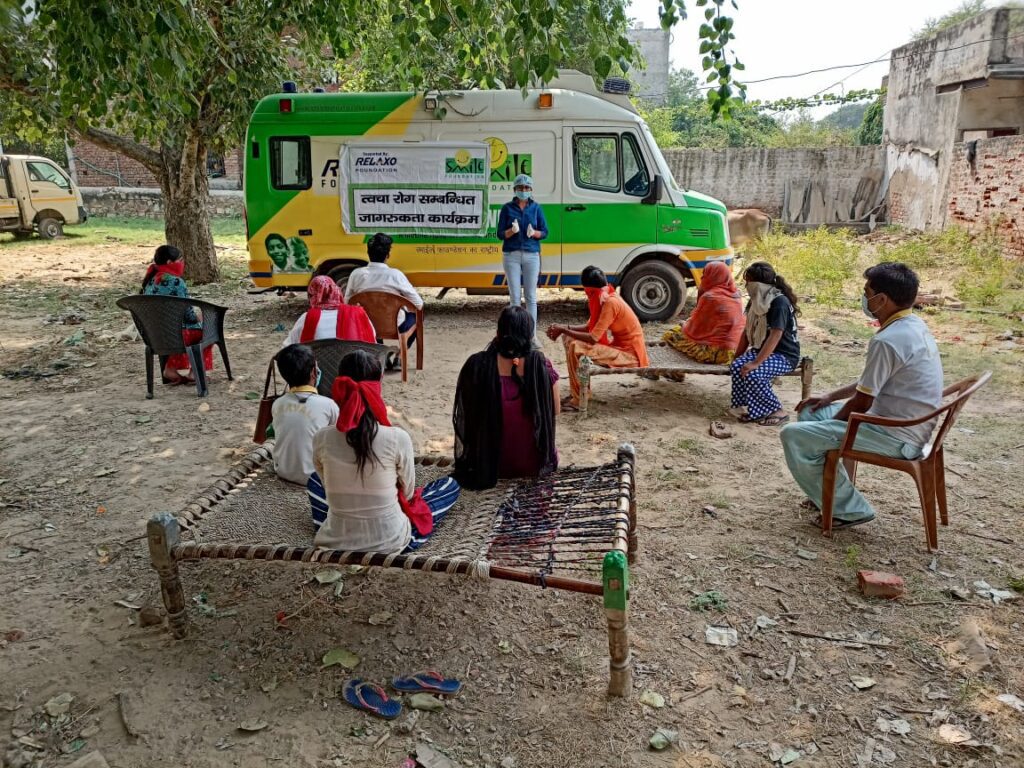
However, the primary driver of preventive healthcare is awareness building. Unfortunately those without means are also without awareness. Illiteracy, ignorance and lack of knowledge about health and hygiene practices make them even more vulnerable. Especially in a pandemic situation, or during seasonal outbreaks of flu, malaria or dengue, the marginalized populations are most at risk, and least likely to be able to get treatment if afflicted.
Smile Foundation’s healthcare programme has always given equal priority to curative and preventive healthcare. While we make relentless efforts to take primary healthcare to the doorsteps of the unreached, we also understand that preventive healthcare and behavioural change will go a long way in sustaining the impact of our initiatives at the grassroots. Hence, awareness building programmes, community mobilisation and actively involving the community in our projects is an essential part of our healthcare programme.
To know more, please visit: https://www.smilefoundationindia.org/smile_on_wheels.html



